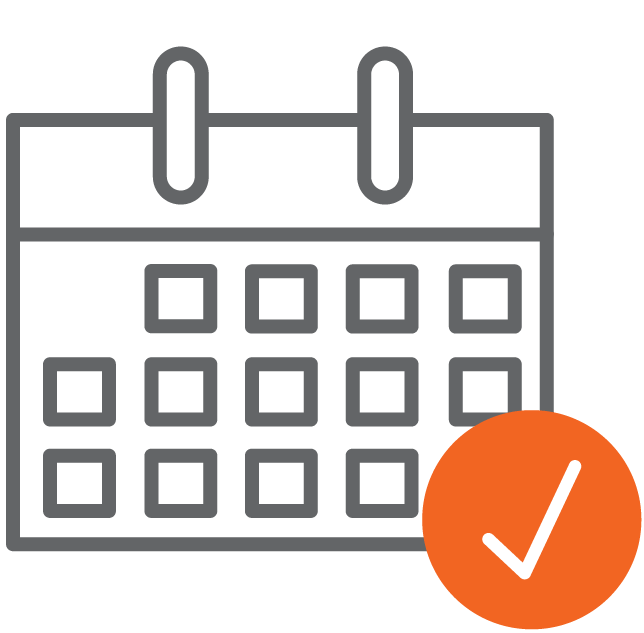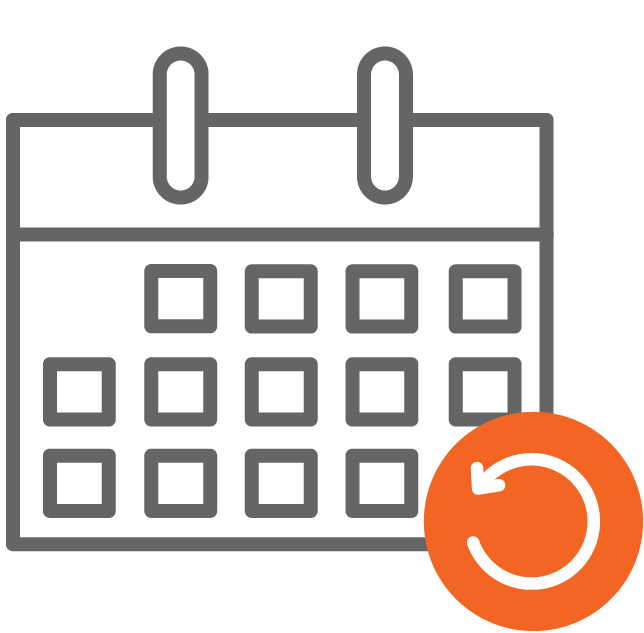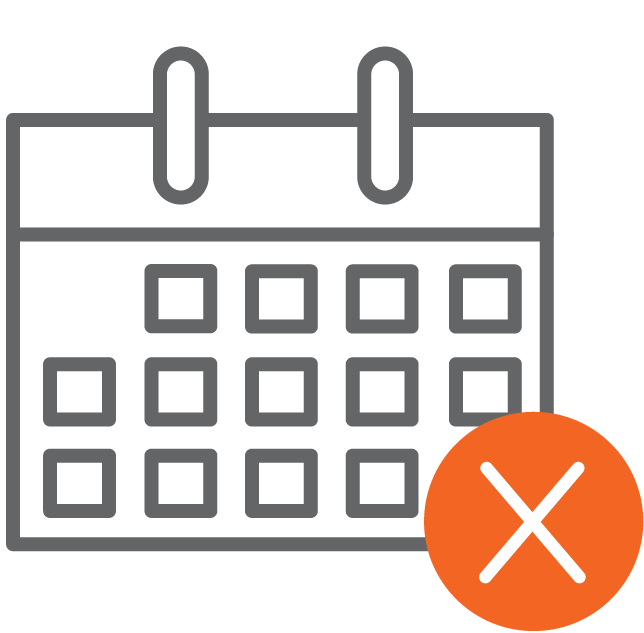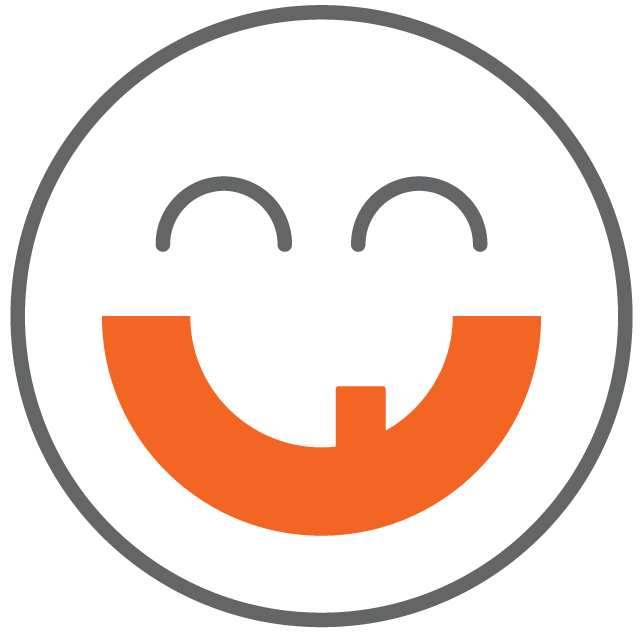For Parents
Efficient and convenient
Here at Everyone by One we have policies, but we like to bend them to fit our patients’ needs. Scroll down to read on some helpful information on our office policies, insurance, and frequently asked questions.
Insurance
Everything we do at Everyone by One is focused on your child and their oral health. We realize that each patient is unique, and we strive for providing dental care that results in what is best for your child. Your dental plan will determine whether our clinic is in or out of network. Our experienced team will be happy to work with your insurance company to secure your dental benefits. We accept most PPO (Preferred Provider Organization) dental insurances found in the Greater Seattle Area:
- Aetna
- Cigna
- Connection Dental
- Delta Dental
- Dental Health Alliance
- Dental Networks of America
- Dentemax
- GEHA
- Guardian
- Lifewise
- MetLife
- Premera
- Principal
- Provider One (Apple Health)
- Regence
- United Healthcare
*Please note, we only take New Patients with Apple Health/State Medicaid in our LYNNWOOD location up to age 10 years. Apple Health is by referral ONLY in our BELLEVUE location
Aetna
Cigna
Connection Dental
Delta Dental
Dental Health Alliance
Dental Networks of America
Dentemax
GEHA
Guardian
Lifewise
MetLife
Premera
Principal
Provider One (Apple Health)
Regence
United Healthcare
Patient Forms
Please tap or click on the link below for the location you would like to visit, complete the forms and our New Patient Specialist will contact you to set up your first visit with us!
We accept new patients up to 12 years of age with PPO dental insurance in both locations. If you have any questions please feel free to call or text us and we are happy to help!

BELLEVUE PATIENT FORMS (ENGLISH)

BELLEVUE PATIENT FORMS (SPANISH)

LYNNWOOD PATIENT FORMS (ENGLISH)

LYNNWOOD PATIENT FORMS (SPANISH)
Office Policies

Scheduling
Office visits are by appointment only, but we always make time for emergencies. We make every effort to see your child at their scheduled appointment time; we ask you to afford us the same courtesy. Schools consider dental appointments to be excused absences. We will provide a doctor’s note for the teacher upon request.

Pre-Appointments
We encourage you to reserve your child’s next check-up during your visit. This is especially important if you want those desirable early morning and late afternoon time slots. We recommend preschool-age children be seen in the morning because many are most cooperative then. This also enables us to work slowly and at a comfortable pace for your child. School-age children also are often most comfortable with morning appointments. However, many children may be fine with later appointments – depending on the planned procedures.

Cancellations
We understand sickness and emergencies may keep you from attending a scheduled appointment. Should you find yourself unable to keep your appointment, please let us know at least 48 hours in advance. We will try to reschedule your child’s appointment at a more convenient time. Please understand the best appointment times are difficult to obtain with short notice. Please note if repeated cancellations are made, we will not be able to offer pre-appointments.

Change of Plans
Despite our best efforts, sometimes dental work cannot be completed as planned. We understand that it may be frustrating and inconvenient to have to schedule another visit, but please know we have your child’s best interest at heart. We ask that you respect our policy to not restrain or otherwise cause distress to a child in order to complete non-emergent dental work.
Frequently Asked Questions
Everyone by One encourages parents to stay informed about their child’s dental health and commit to improving and maintaining the health of their family’s teeth and gums. We want you to feel confident that you are receiving the most advanced pediatric dental services available. To help you better understand your child’s oral health and the options available, please refer to the information provided below.
What is the difference between a pediatric dentist vs general dentist?
Pediatric dentists are the pediatricians of dentistry. A pediatric dentist has two to three years specialty training following dental school and limits their practice to treating children only. Pediatric dentists are primary and specialty oral care providers for infants and children through adolescence, including those with special health needs.
Can my child go to school after treatment?
For most dental procedures, allowing a child to go back to school after treatment is not a problem. In fact, even if a child has been treated with nitrous gas, there should not be a problem with the child going back to school on the same day.
When a child requires oral sedation, IV sedation, or general anesthesia, then the child should not go back to school on the same day as dental treatment. In fact, a dentist will recommend that the child stay at home for the rest of the day under the supervision of a responsible adult.
Are dental X-rays safe?
Yes! We use digital radiography which allows us to instantly obtain site-specific photos and expose the least amount of radiation to your child. Digital x-rays offer 90 percent less radiation than film alone. Digital x-rays allow us to quickly process their results so that we can properly diagnose and treat issues before or when they develop.
When is the best time to wean my child off the pacifier or sucking their thumb/finger?
The American Academy of Pediatrics and the American Academy of Family Physicians recommend limiting or stopping pacifier use around 6 months to avoid an increased risk of ear infections, especially if your child is prone to them. But there is no hard and fast rule. Pacifiers can be very helpful in relieving stress in situations like starting daycare or traveling to a new place.
Most children are emotionally ready to wean off the pacifier by 2-4 years. So, you might want to start planting the seed in your tot’s mind that the day to say goodbye is coming.
When can we start using toothpaste?
The sooner the better! Starting at birth, clean your child’s gums with a soft infant toothbrush or cloth and water. Parents should use a tiny smear of fluoride toothpaste to brush baby teeth twice daily as soon as they erupt and a soft, age-appropriate sized toothbrush. Once children are 3 to 6 years old, then the amount should be increased to a pea-size dollop and perform or assist your child’s toothbrushing. Remember that young children do not have the ability to brush their teeth effectively. Children should spit out and not swallow excess toothpaste after brushing.
Do baby teeth matter?
Baby teeth are very important to your child’s health and development. They help him or her chew, speak and smile. They also hold space in the jaws for permanent teeth that are growing under the gums. When a baby tooth is lost too early, the permanent teeth can drift into the empty space and make it difficult for other adult teeth to find room when they come in. This can make teeth crooked or crowded. That’s why starting infants off with good oral care can help protect their teeth for decades to come.
